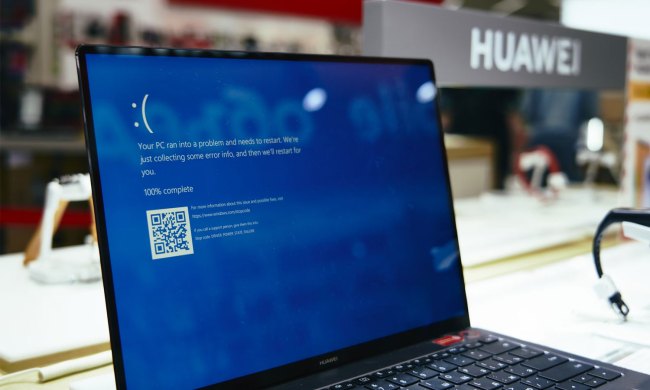We don’t want to imply that readers are the sort of folks who have to know what everyone else is searching for on the Internet, so, like, they can search for it too, but we thought we would note the launch of Google Hot Trends, a new service from the search engine giant which tracks the 100 fastest-rising search queries in the United States.
The new feature replaces the weekly Zeitgiest list Google has been producing for the last several years—although the company promised to continue compiling monthly summaries for each country, along with yearly wrap-ups. Instead of the weekly Zeitgeist, Google Hot Trends presents the hottest current search terms in what Google characterizes as “very close to real time.” The listing is updating repeatedly throughout the day, and users can watch hot queries shift around as news breaks, celebrity gossip leaks, current events unfold, and the whims of cultural consciousness change.
Google says the Hot Trends are not the terms people are looking for most frequently—of course, many of those search terms are boring (“myspace”, “ipod,” “games”, “weather”, etc.) or things Google doesn’t necessarily want to publish. Instead, Google analyzes search queries and presents searches that are deviating the most in relationship to the past traffic. So, if a search term paddles along with a few hundred queries a day and suddenly jumps to a million queries a day, it’s deviated significantly from its past search pattern and might pop up on Google Hot Trends.
For each search term in the Hot Trends list, Google will pull up results from Google News, Blog Search, and web search; Google also displays the “hotness” of search terms by country, U.S. states, and cities. Users can also use Google Trends compare search queries against search other, and see how they fare across regions.
Of course, search terms must have enough search volume to provide data for Google Trends—which means most people won’t be able to “egosurf” Google Trends using their names. Maybe Google will create that feature in the future.


